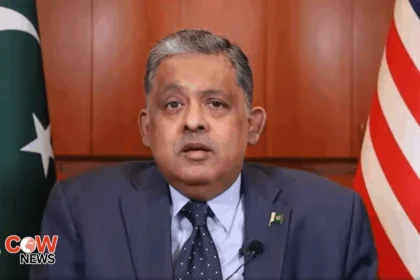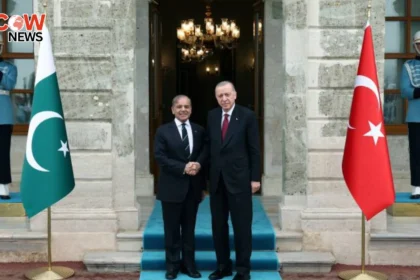Baghdad( The COW News Digital) Iraq has officially announced its decision to withdraw from the U.S.-led international coalition formed to combat the Islamic State (ISIS), setting September 2026 as the deadline for the complete pullout.
Prime Minister Mohammed Shia al-Sudani made the announcement during a press briefing in Baghdad, emphasizing that the withdrawal marks a new phase of Iraq’s journey toward full sovereignty and self-reliance in defense and security matters.
According to the Prime Minister, the coalition’s departure is closely tied to the disarmament of armed groups operating within the country. He noted that Iraq’s security situation has significantly improved, allowing its national forces to take full responsibility for counterterrorism operations without foreign assistance.
“The Iraqi government is implementing a clear roadmap to safeguard the country’s sovereignty and national security,” al-Sudani stated. “Our armed forces are now capable of independently confronting any remaining terrorist threats.”
The Prime Minister added that Iraq has strengthened its defensive infrastructure and continues to modernize its security and intelligence apparatus to ensure long-term stability. The shift reflects Baghdad’s broader strategy to reduce reliance on external military support and foster domestic defense capabilities.
The U.S.-led coalition was established in 2014 after ISIS captured large territories across Iraq and Syria, prompting an international military campaign that played a key role in dismantling the group’s territorial control. However, more than a decade later, Iraqi leaders say the time has come to restore complete control over national security.
Observers note that the decision could have significant implications for U.S.-Iraq relations, particularly amid growing regional tensions linked to the ongoing conflict in Gaza and U.S. support for Israel — a stance that has drawn criticism from both Iraq and neighboring Iran.
Tehran, a key regional ally of Baghdad, recently declared that it would not engage in talks with Washington as long as the United States continues to support Israel, underscoring how the Middle East’s geopolitical landscape remains deeply polarized.
As Iraq moves forward with its planned exit from the coalition, the government insists that it remains committed to counterterrorism cooperation through diplomatic and intelligence-sharing frameworks — but on terms defined by Iraqi sovereignty and regional consensus.







